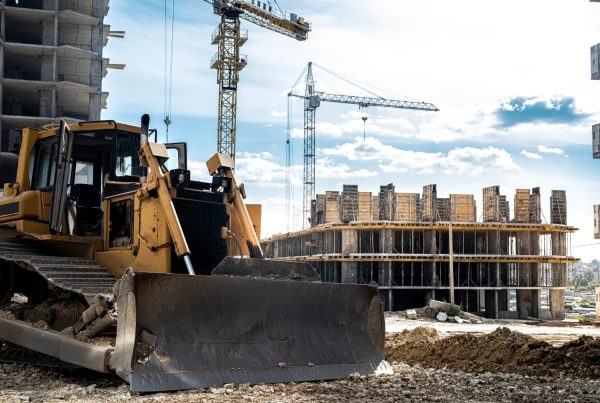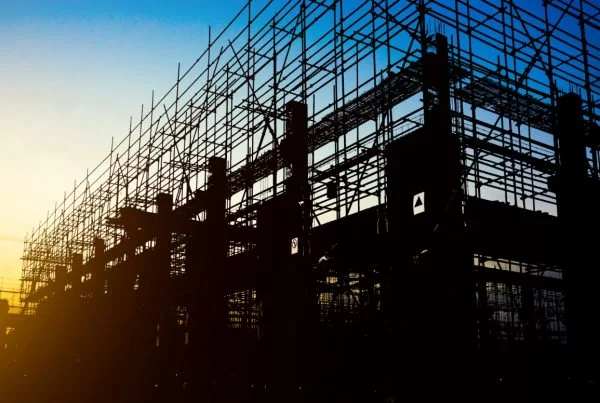
Apabila AI disepadukan ke dalam pembinaan, ketidakpastian undang-undang timbul. Siapa yang bertanggungjawab apabila AI gagal?
Kecerdasan Buatan (AI) berpotensi merevolusikan industri pembinaan dengan menangani isu produktiviti yang telah lama wujud dan meningkatkan keselamatan dan kecekapan. Walau bagaimanapun, laluan kepada penyepaduan penuh memerlukan navigasi berhati-hati terhadap cabaran undang-undang dan operasi.
Contohnya, jika isu reka bentuk timbul, siapa yang bertanggungjawab: arkitek yang mempercayai reka bentuk AI, pembangun perisian yang mencipta AI, kontraktor yang melaksanakan reka bentuk atau orang lain? Subkontraktor mesti mengemudi landskap undang-undang yang tidak menentu ini dengan memahami cara AI akan digunakan pada projek dan menyokong klausa kontrak yang jelas yang mentakrifkan peranan, tanggungjawab dan peruntukan risiko.
Pengoptimuman reka bentuk dipacu AI boleh mencipta struktur yang kukuh dari segi struktur, meminimumkan sisa bahan dan memaksimumkan kecekapan tenaga. Kemajuan ini bukan sekadar teori; firma pembinaan yang besar telah pun melaksanakan alatan berkuasa AI untuk menyelaraskan operasi dan meningkatkan hasil.
Penggunaan teknologi perlahan industri pembinaan telah memberikan kebolehramalan dalam memberikan tanggungjawab di kalangan pihak berkepentingan. Walau bagaimanapun, penyepaduan AI mengganggu kebolehramalan ini, menimbulkan persoalan liabiliti yang kompleks apabila sistem AI gagal atau menyebabkan bahaya. Contohnya, jika kren kendalian AI tidak berfungsi dan menyebabkan kemalangan di tapak, menentukan liabiliti—sama ada ia jatuh pada pengendali yang menyelia AI, pembangun perisian yang memprogramkan AI atau kontraktor yang memiliki peralatan itu—menjadi seorang isu yang kompleks.
Untuk menavigasi landskap undang-undang yang tidak menentu ini, subkontraktor mesti mengambil langkah khusus. Pertama, mereka mesti memahami skop penggunaan AI pada projek. Adakah pemilik mewajibkan AI, atau adakah kontraktor memutuskan untuk menggunakannya? Pengetahuan ini membantu subkontraktor mengambil langkah berjaga-jaga yang diperlukan, seperti pemeriksaan tambahan untuk kerja yang digunakan AI.
Ketelusan subkontrak adalah penting. Klausa kontrak yang jelas harus menentukan peranan dan tanggungjawab berkenaan AI. Subkontraktor harus memastikan mereka tidak bertanggungjawab terhadap kecacatan AI jika mereka hanya melaksanakan alat AI pihak huluan. Klausa ganti rugi harus melindungi subkontraktor daripada liabiliti yang timbul daripada AI, dengan syarat mereka tidak bertanggungjawab untuk pelaksanaannya.














